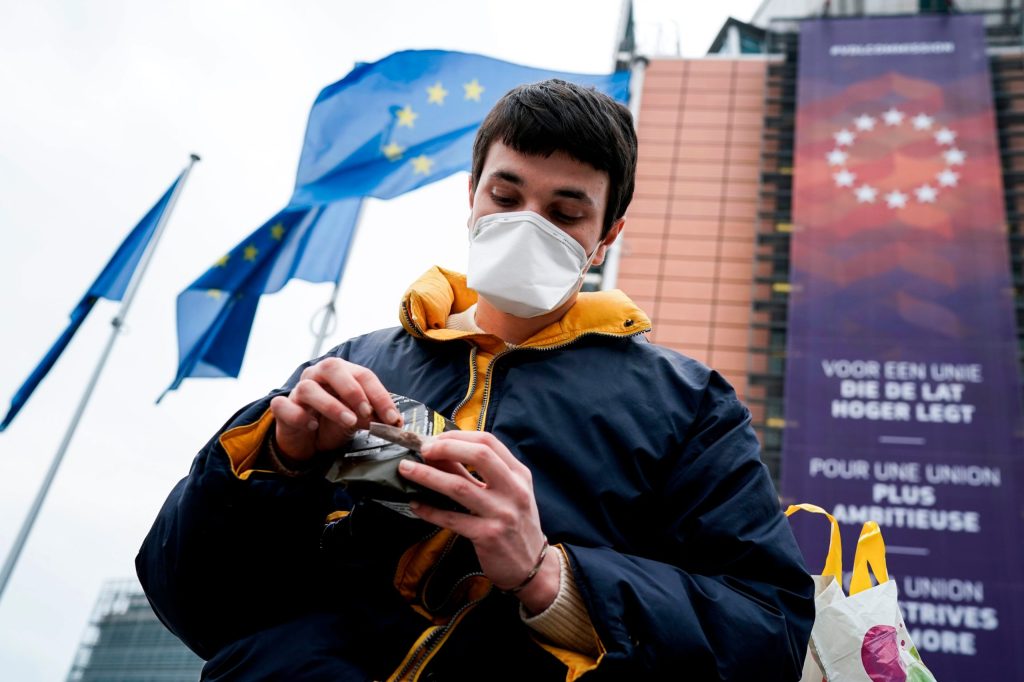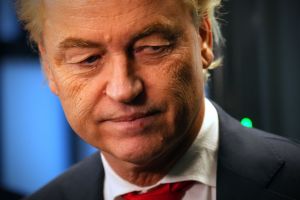When EU finance ministers ended their crisis meeting this morning, they had spent 16 hours trying to establish what collective help, if any, they wish to offer to the countries most affected by the epidemic: Spain and Italy. They agreed on not a thing. Instead, the meeting broke up acrimoniously with Italy, Spain and France demanding that the European Central Bank issue ‘coronabonds’ to help finance economic recovery — while Germany, the Netherlands and others resisted.
So we see the EU split along the same lines as did the 2008/09 crisis, and indeed along the same fault lines that have been growing ever wider over the past three decades. The EU is fracturing between a group of ‘giving’ countries in the north and less successful ‘receiving’ countries in the south. That division may have been perfectly acceptable for a time after Greece and the Iberian countries joined the EU in the 1980s — southern Europe needed a leg-up, so few objected to the net north-to-south flow of regional development funds and the like. Yet instead of the gap narrowing as southern Europe caught up, it is becoming a permanent structural issue. Worse, Italy — which was one of the wealthy founder members of what was then the European Economic Community — has joined other southern European nations as one of the stragglers.
Spain, Portugal, Greece and so on may seem much wealthier than they were when the joined the EU — to judge by their roads, railways and other public infrastructure — but they have never managed to shake off their dependence on cross-subsidy from Northern Europe. The euro is a large part of the problem in that it created a huge unsustainable boom in southern countries who could not then devalue their currencies when the crash came. The strains have become all the more acute, of course, with the loss of the EU’s second-largest net contributor nation. The burden of propping up the south is falling much more heavily on countries like the Netherlands — and they are resisting.
Remember how scientific co-operation was one of the big reasons we were given for wanting to remain in the EU? This morning the President of the European Research Council, Mauro Ferrari, resigned in protest, claiming that his proposal to set up a special program for COVID-19 research was rejected by the organization’s governing body. If coronavirus research isn’t an appropriate use of its funds, then what is?
But on coronavirus, the EU — for all its talk of international co-operation – has not been much help to anyone. Its most memorable contribution was to issue a protest to Donald Trump when he imposed a flight ban from Schengen countries — seemingly failing to notice that EU member states were themselves introducing Schengen-busting border closures and flight bans of their own. There has been little co-ordination, either medically or financially. There is no obvious reason why Italy and Spain should have become the epicenter of the European coronavirus outbreak and suffered so much more heavily than have other countries. It’s reasonable for these countries to invoke the spirit of EU solidarity to see how much EU membership is worth in such circumstances. They are now finding out.
This article was originally published on The Spectator’s UK website.


















